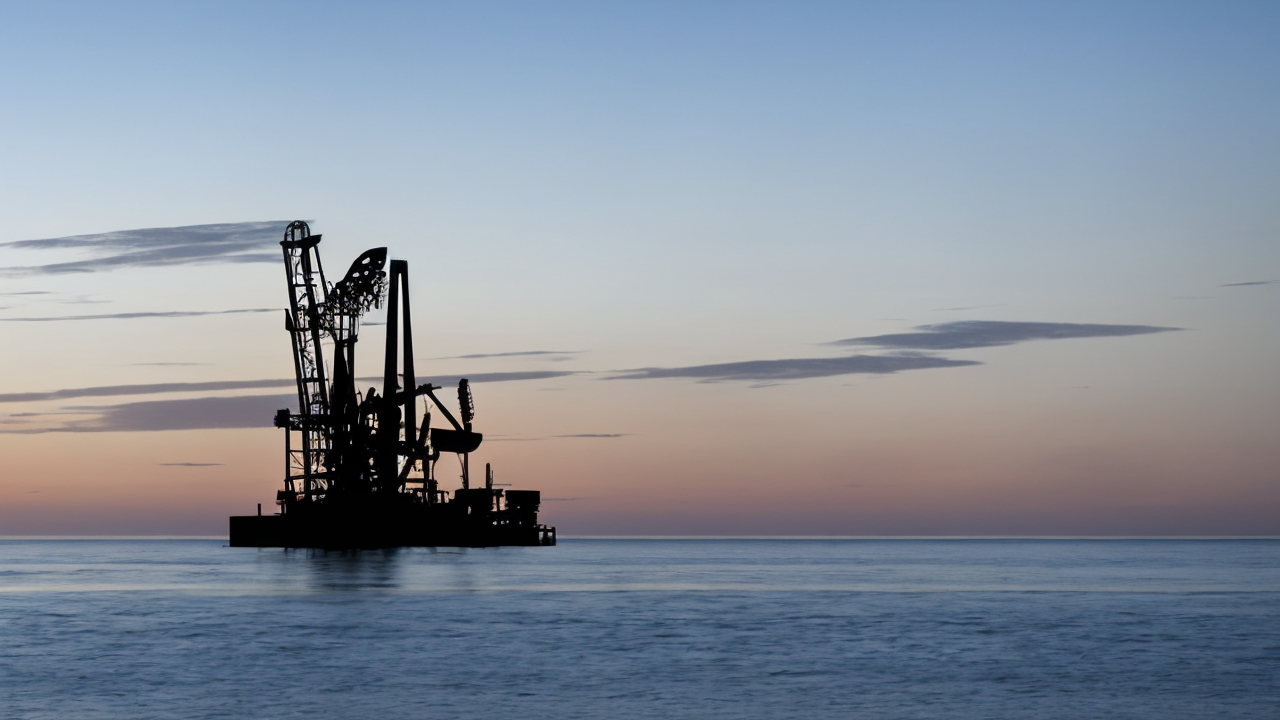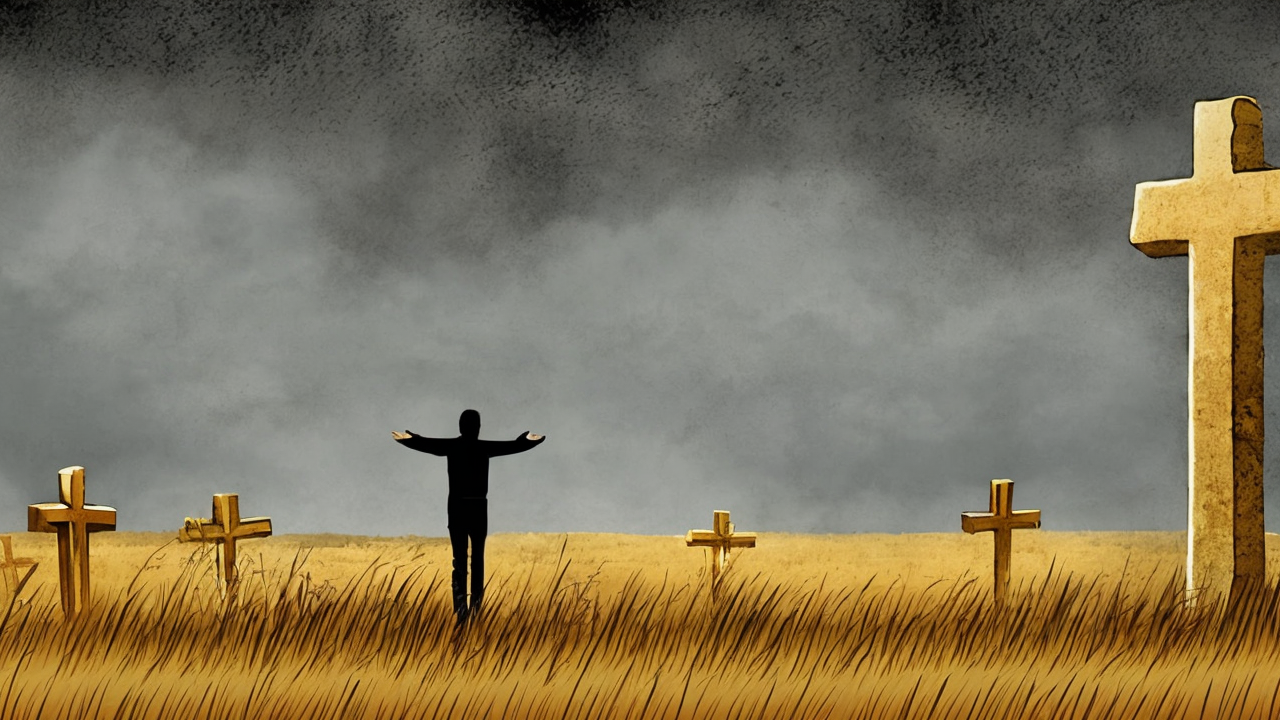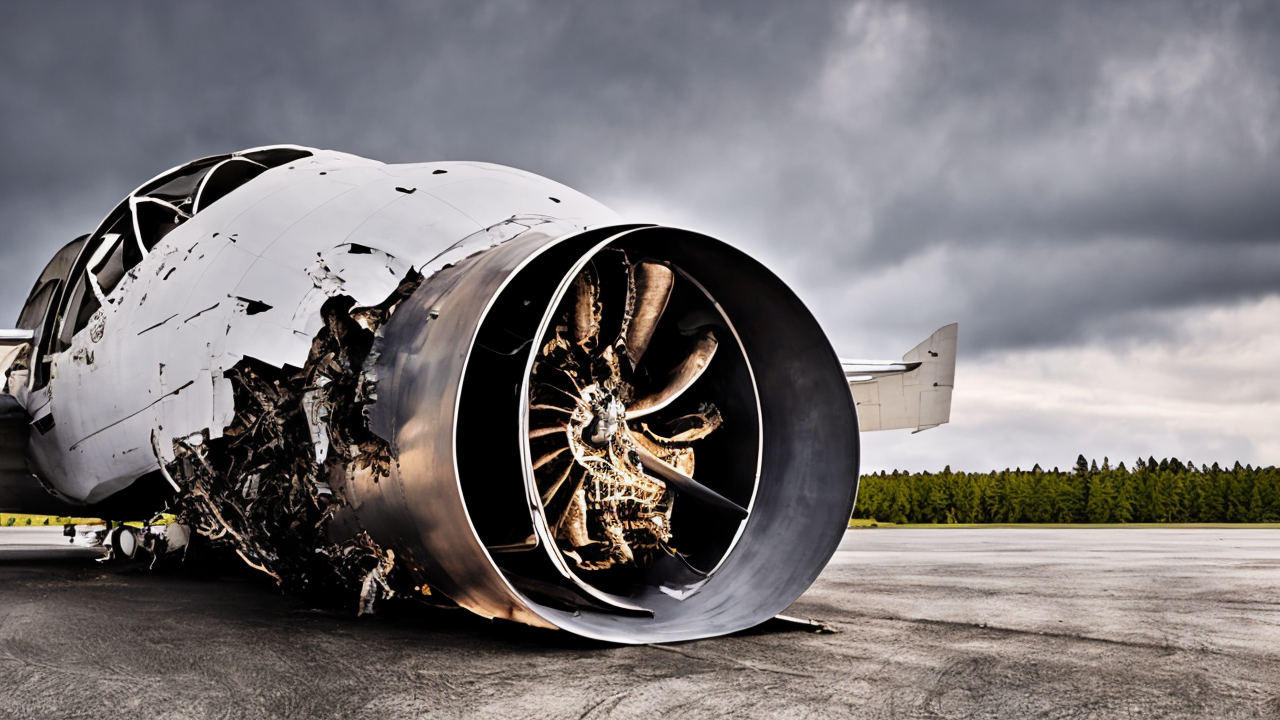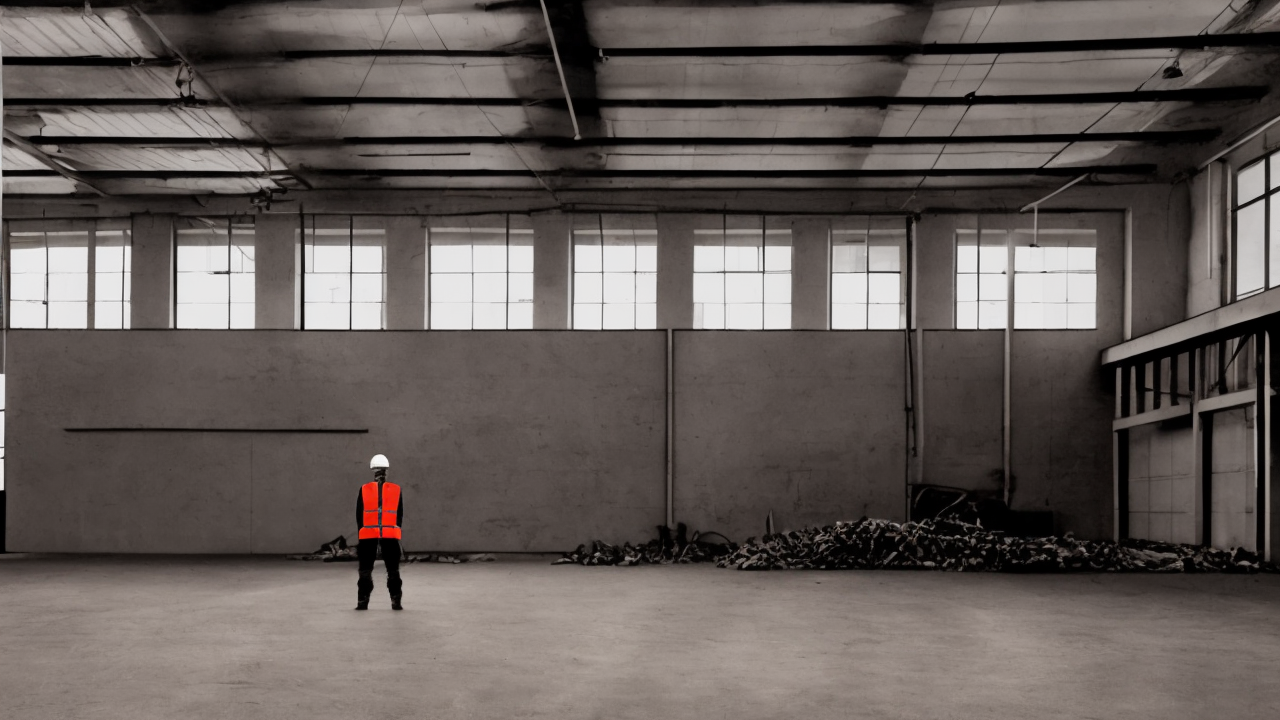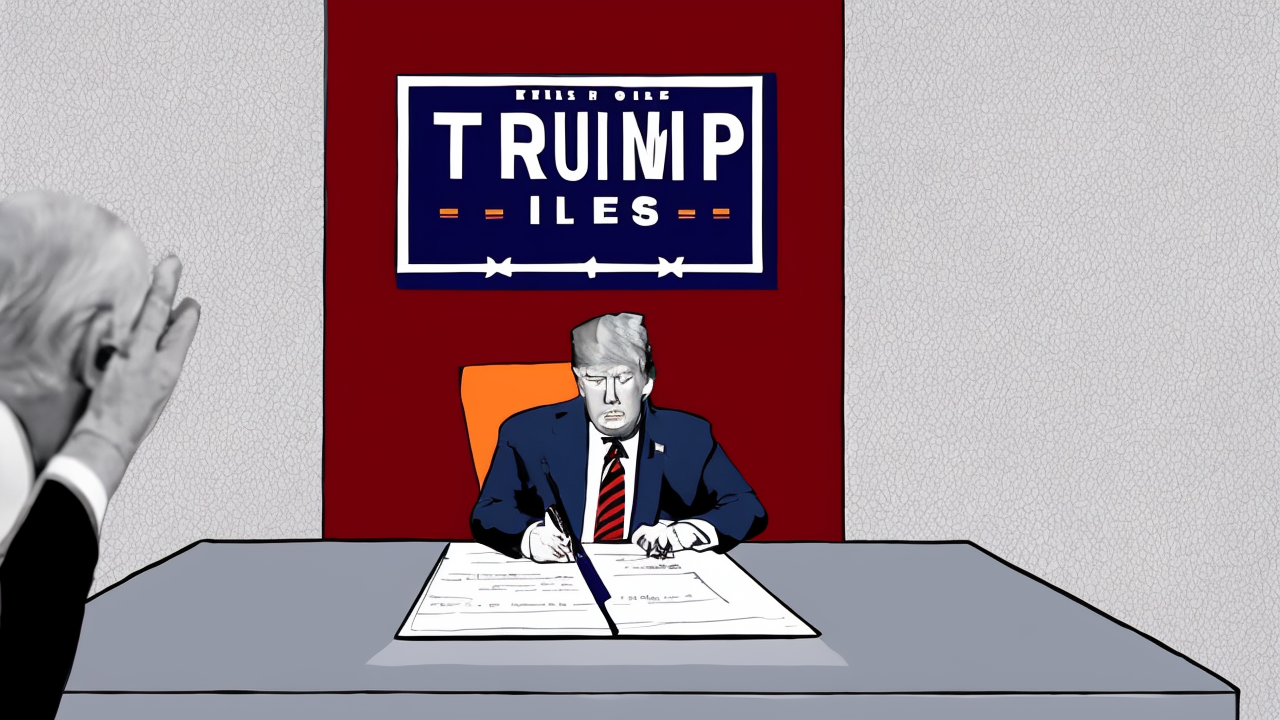The Internet’s Hidden Weakness Exposes a National Vulnerability

In early 2025, a routine update at Cloudflare—a company that supports roughly one in five websites worldwide—triggered a cascading failure across the global internet. Platforms like ChatGPT, Spotify, and X went dark for hours. Millions lost access to communication, commerce, and essential services. The cause? A previously undetected flaw in a bot-protection system, activated by a simple configuration change. No war, no storm, no cyberattack—just a single point of failure in a system that powers modern life.
Cloudflare, with operations in 330 cities and connections to over 13,000 networks, has become a linchpin of the digital world. It shields websites from attacks, accelerates content delivery, and ensures uptime. But that same role makes it a single point of failure. When it stumbles, the entire web feels the tremor. This wasn’t an isolated event. Less than a month earlier, AWS faced a similar disruption. The pattern is clear: our digital infrastructure is built on a few massive, centralized platforms that no single entity can fully control or predict.
This is not a story about technology for technology’s sake. It’s about the health of American society. When schools rely on online learning, when hospitals use digital records, when emergency responders depend on real-time data, the stability of the internet isn’t a luxury—it’s a necessity. Yet we continue to place trust in private corporations whose primary goal is profit, not national resilience.
The current model rewards scale and speed over safety and sustainability. Companies grow by absorbing competitors, consolidating control, and reducing redundancy. This creates efficiency in good times—but catastrophic risk in bad ones. The system works until it doesn’t. And when it fails, the cost is not just downtime, but lost trust, economic loss, and weakened civic function.
There is a better way. Resilience has always been a hallmark of strong communities and institutions. From local farms to regional power grids, decentralized systems have proven more durable over time. The same principle applies to the internet. Imagine a future where towns and cities build their own local networks, using open-source tools and community oversight. Where small providers, not just megacorporations, can offer reliable, secure access. Where redundancy isn’t an afterthought but a design principle.
This isn’t a call to abandon technology. It’s a call to rebuild it with wisdom, foresight, and responsibility. We should encourage investment in regional infrastructure, support open standards, and promote policies that prevent monopolies from forming. We should value reliability over convenience, and accountability over hype.
The Cloudflare outage was not a failure of the internet—it was a failure of our confidence in a fragile system. We must stop assuming that because something works today, it will work tomorrow. The strength of a nation isn’t measured by how fast it connects online, but by how well it holds together when the connection breaks.
America’s future depends on digital systems that are not just fast and convenient, but dependable and resilient. Let’s stop treating internet stability as a given. Let’s start building a network that reflects our values: local control, shared responsibility, and enduring strength. The foundation of our society depends on it.
Search entity: Cloudflare outage 2025
Published: 11/18/2025

